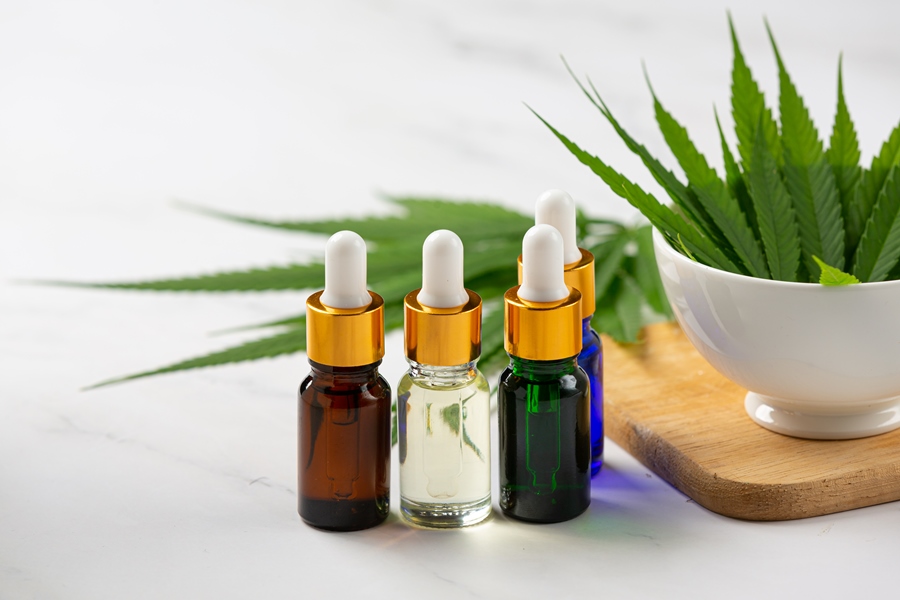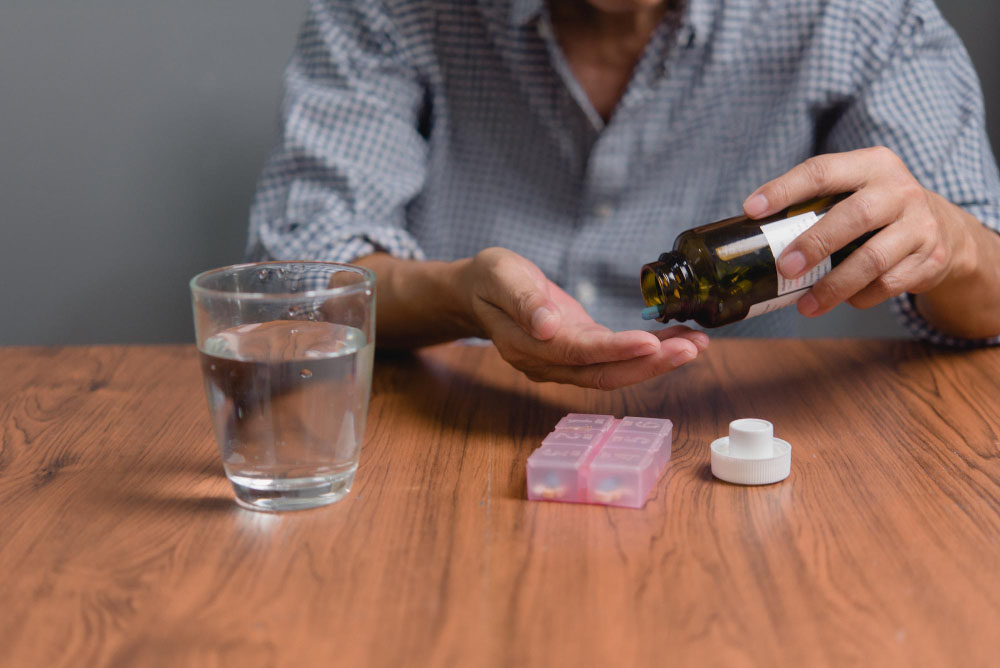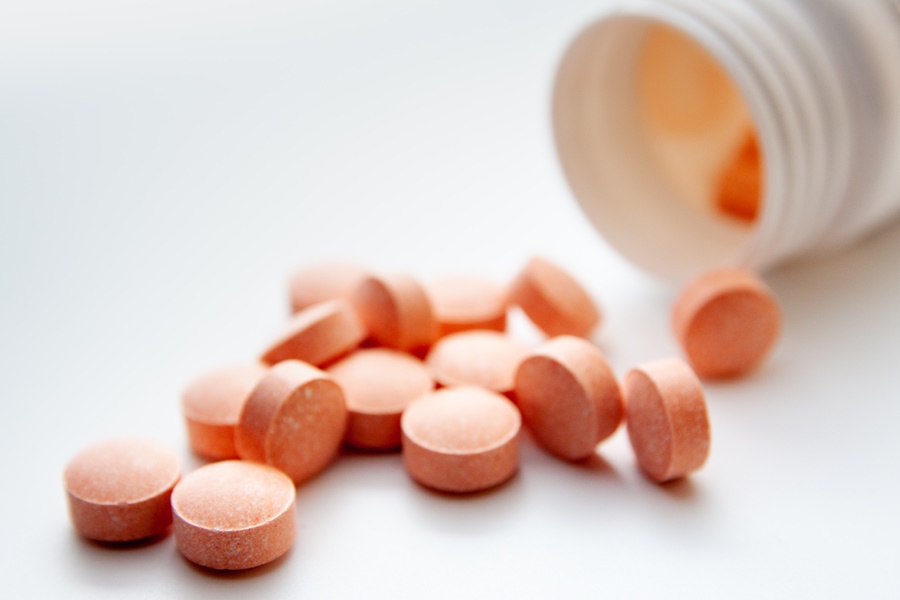Marijuana is also known as weed, pot, mary jane, ganja, grass, and other popular street names. It is a drug from the Cannabis sativa plant where mostly the leaves and flowers are smoked. In some cases, the stems and seeds of the plant are also smoked. It has a mind-altering substance known as THC (delta-9-tetrahydrocannabinol), which causes a feel-good feeling or highness in a marijuana smoker. Marijuana is typically smoked as a joint or blunt, in a cigarette form, or a water pipe or bong.
The plant’s leaves, flowers, stems, or seeds can also be used in baking cookies or are brewed to make tea, all of which produce a high feeling. Marijuana is one of the most popular drugs in the United States, and many people function normally while on it. However, some people will get addicted to the drug and experience adverse effects. These effects can interfere with their quality of life and experience consequences because of smoking marijuana every day. It can lead to the development of ADHD, PTSD, Bipolar disorders, depressive disorders, among other disorders.
How Marijuana Addiction Happens: Difference Between Addiction and Dependence
Marijuana addiction is likely to occur for people who start using marijuana before the age of eighteen. People who use it daily are also likely to be addicted because of a dependency developed over time. Marijuana addiction psychologically presents itself because THC affects the brain. It mimics natural pleasure-producing activities in the brain, which brings about a sense of relaxation and well-being. With time, it also leads to poor judgment and an increase in blood pressure.
Dependence on the drug is often the step before addiction. This occurs when you start physically relying on smoking marijuana to feel normal. You may also experience withdrawal symptoms when you go without smoking it. Addiction, on the other hand, is denoted by a change in behavior. This is a result of biochemical changes that occur in the brain because of cannabis use and abuse. Addiction is also when the patient’s priority is to use marijuana regardless of the risks to themselves or to others. In the quest to get to use marijuana, they could get involved in irrational and risky actions.
Signs of Marijuana Addiction
The use of marijuana can have effects on the user physically and psychologically.
Physical Effects:
The effects of marijuana will affect the respiratory system, digestive and circulatory system. These present as:
- Red eyes
- Persistent cough
- Extreme hunger
- Dry mouth
- Loss of control physically and emotionally
Psychological Effects:
- Sleep interruptions and, in some cases, insomnia
- Anxiety and panic attacks
- Depression
- Withdrawal from social activities
- Increased agitation and irritability
- Mood swings
- Restlessness
- Weight loss
- Distorted consciousness
- Impaired coordination
- Inability to problem solve, impaired learning and general repression of cognitive abilities.
Withdrawal Symptoms:
- Irritability
- Heightened anxiety or nervousness
- Decreased appetite
- Depression and loss of excitement of life
- Stomach aches, sweating, fever, chills and headache
- The restlessness which may be denoted by nervous movements, tremors and shakiness
Treatment Of Marijuana Addiction
When a patient is agreeable to getting treatment for their marijuana addiction, they have different ways to get treatment. Most treatments will have a detoxification process then therapy that deals with marijuana use and abuse. This is key for the patient to get the help they need. The detox process is best carried out in a rehab center because of the discomfort of the withdrawal effects and the patient is supervised by medical and addiction experts. The process can be done in an inpatient clinic or an outpatient center. More severe addictions are better treated with inpatient care.
The therapy includes evidence therapy such as the Twelve-step facilitation, which involves a soul examination and spiritual awakening so that the patient can deal with the reasons for their addiction and let go of those old ways. Cognitive-behavioral therapy is used to identify and correct the areas in the patient that will help deal with problematic behavior. Motivational enhancement therapy is used to motivate the patient to change their behavior and other scientific therapies.
Conclusion
If you or a loved one are struggling with marijuana dependence or addiction and would like to get help, talk to professional staff, who will answer any questions you may have and provide any guidance that you may need. Call us at 855-936-4435.










